College student Liu Zihao is a livestreaming host who can earn about 10,000 yuan ($1,379)"pocket money" every month playing online games.
The 21-year-old, who majors in business management at Beijing Technology and Business University, usually livestreams from home between 10 am and 8 pm, and most of his income comes from tips given by viewers. Liu demonstrates how to play online games and shares his skills and knowledge with them.
"Livestreaming brings me pocket money, and since I like playing games, I don't feel tired, even if I spend a lot of time doing it," he said, adding that he is considering working full-time in livestreaming after graduation.
Another college student, who calls himself Boluo Xingqiqi7 on the popular video platform Bilibili, livestreams stories and videos of his train trips, but earns almost no money from his efforts.
"I just want to record what I do in my spare time and enrich my college life via streaming," said the 21-year-old from Renmin University of China, who has been livestreaming since the beginning of the year about his rail expeditions.
He added: "I like interacting with viewers, which gives me a sense of fulfillment."
However, as livestreaming has become more ubiquitous among young people, concerns have been raised about lack of regulation of the industry.
A report on the development of livestreaming and short videos released by the China Association of Performing Arts last year, showed that as of December 2022, more than 64 percent of livestreaming hosts were aged between 18 and 29.
A Sina Weibo questionnaire last year revealed that 61.6 percent of 10,000 young participants were planning to become livestreaming hosts after graduating from college.
Beijing lawyer Ma Lihong expressed concerns about the growing cohort of young livestreamers, calling for regulations to limit their streaming times and locations, as well as an improvement in the quality of content.
Zheng Ning, head of the Law Department at the Communication University of China's Cultural Industries Management School, acknowledged that livestreaming by college students had become a trend, and stressed that livestreaming hosts over the age of 18 needed to follow industry-related laws and regulations.
However, given the popularity of livestreaming and short videos, universities and colleges can turn these operations into practical training for students, she added.








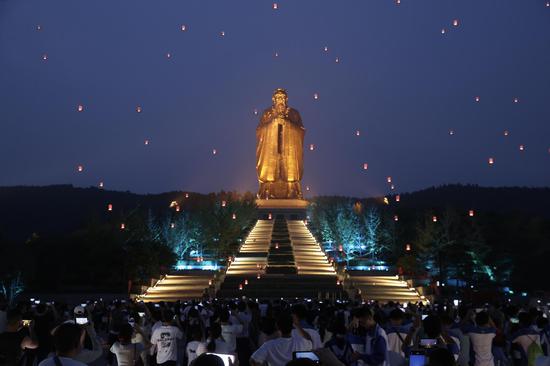













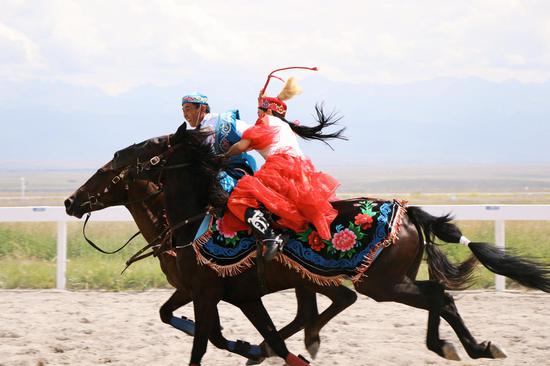


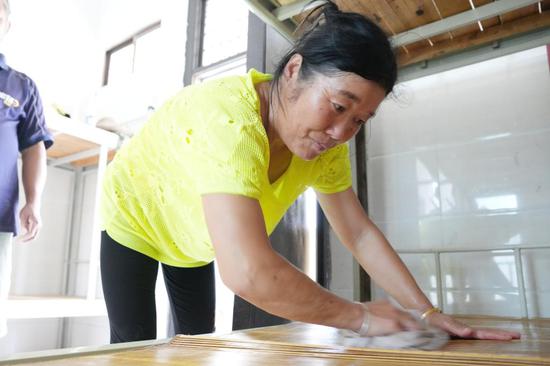

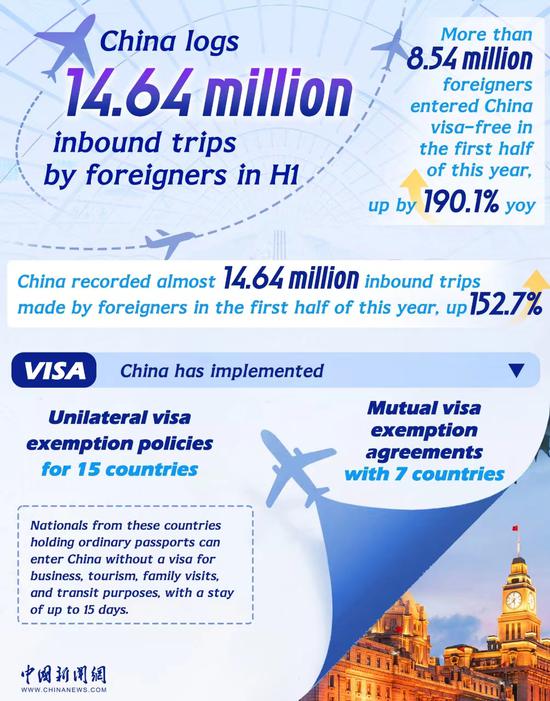












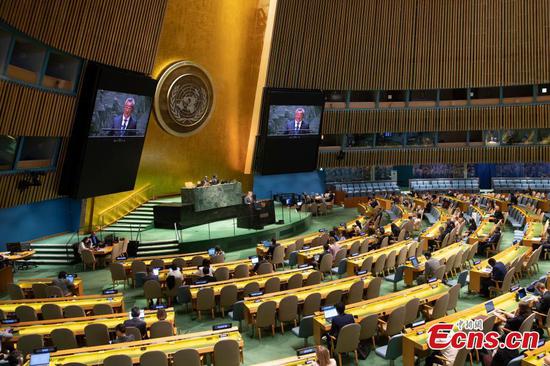


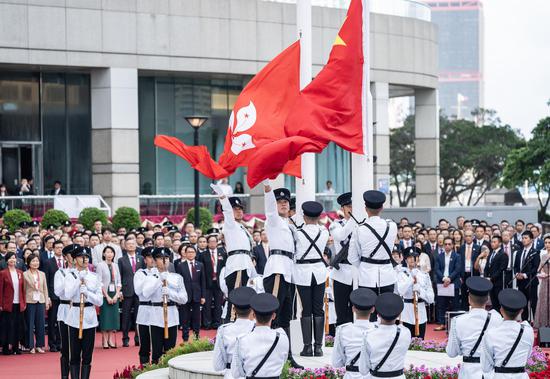


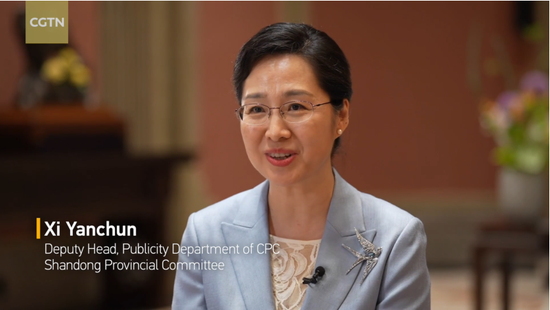



 京公网安备 11010202009201号
京公网安备 11010202009201号